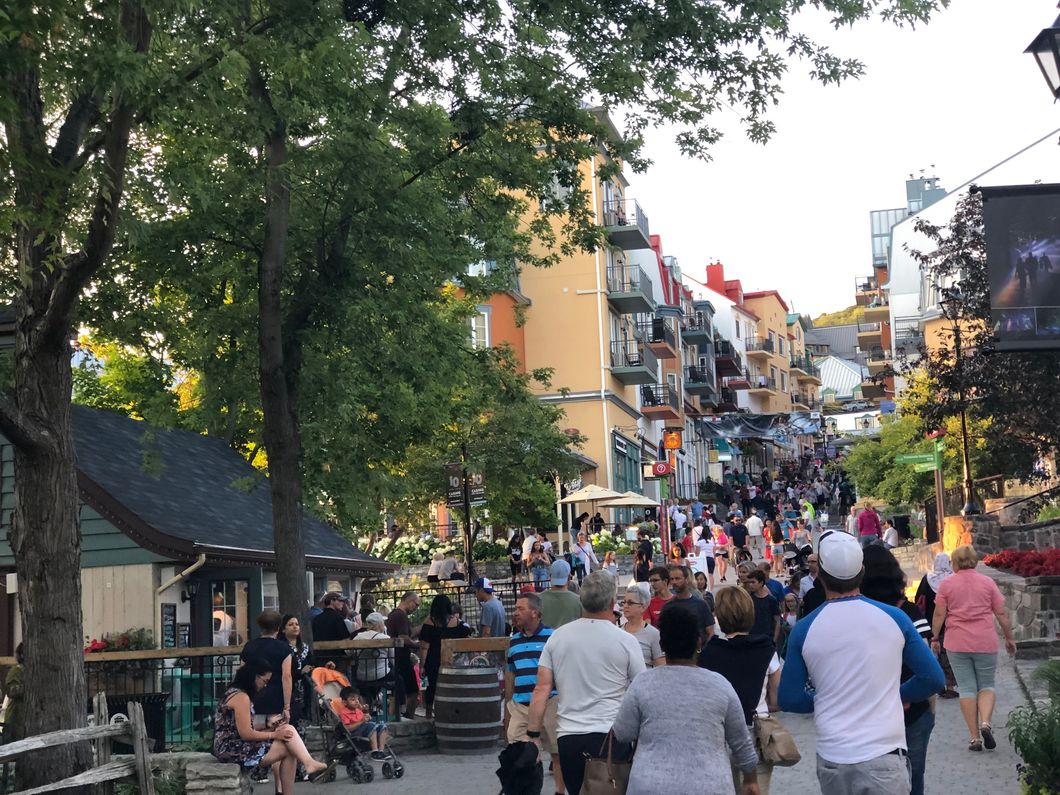Like most people, I couldn't wait for the day that my county was officially in the yellow zone and my town could begin to come back to life. However, when it finally rolled around, nothing really changed for me or for my quarantine lifestyle. I didn't see this proclamation as the "all clear" that now permitted me to round up my friends and head to the beach, and I certainly didn't think that I was now at liberty to waltz around town, mask-free. But most importantly, I knew that it did not mean that the pandemic was over; in actuality, it is far from it.
Unfortunately, many people have taken the various lifting of restrictions to mean that it is now to safe to proceed with life as it was before and that the threat no longer exists.
Even worse, many young people are "done" with quarantining, as it simply fails to suit their social and exciting way of living.
I'm sorry to break the news to these individuals, but the coronavirus is not going to take a break from its proliferation in various hosts or from spreading its deadly destruction around the world, just because they are tired of it (Ugh, I know. How could this virus be so insensitive?! Major bummer). Points for wishful thinking, I guess.
If I am coming across as slightly bitter, then you've caught on. I too am "done," but not with quarantine. I'm sick of people not taking the situation seriously, and failing to see the severity of this pandemic for what it truly is. In the past few weeks, infections have been rising in 21 states, with increasing amounts of coronavirus-related hospitalizations occurring around the country. It is no coincidence that as the nation has begun to relax their restrictions, cases have steadily gone up. So, why does it seem that people are calmer than ever while our country proceeds to take such a drastic turn for the worst?
The truth is, I don't know why some people see the panicked testimonials of patients urging viewers to take the situation seriously as mere "suggestions," that of which only apply to everyone else in the world besides them. I don't know why some people view the coronavirus as a political debate, and not for the deadly global pandemic that it is. However, I do know that change begins with us: numbers went down when we did our part to contain the virus and prevent its spread by taking precautions and quarantining. However, the numbers will bounce right back unless we listen to the warnings and proceed through the summer with caution.
It is helpful to think of the coronavirus as a trek up Mt. Everest, as compared by one of my favorite comedians, Joel McHale. He likened the difficulty of climbing up the mountain to the challenges that we experienced when the coronavirus first hit our country. However, he points out that when you reach the top, or peak, of the mountain, the climb is far from over. It is just as difficult to make your way back down the steep, rocky terrain as it was to walk up it. Therefore, although we may have passed the significant peak of cases, it does not mean that there is an easy recovery following behind. We still need to proceed with the same amount of caution and trepidation as when we were first introduced to this virus.
The pandemic doesn't mean that we need to stop living our lives, but it does mean that we need to make some changes to how we live them.



















